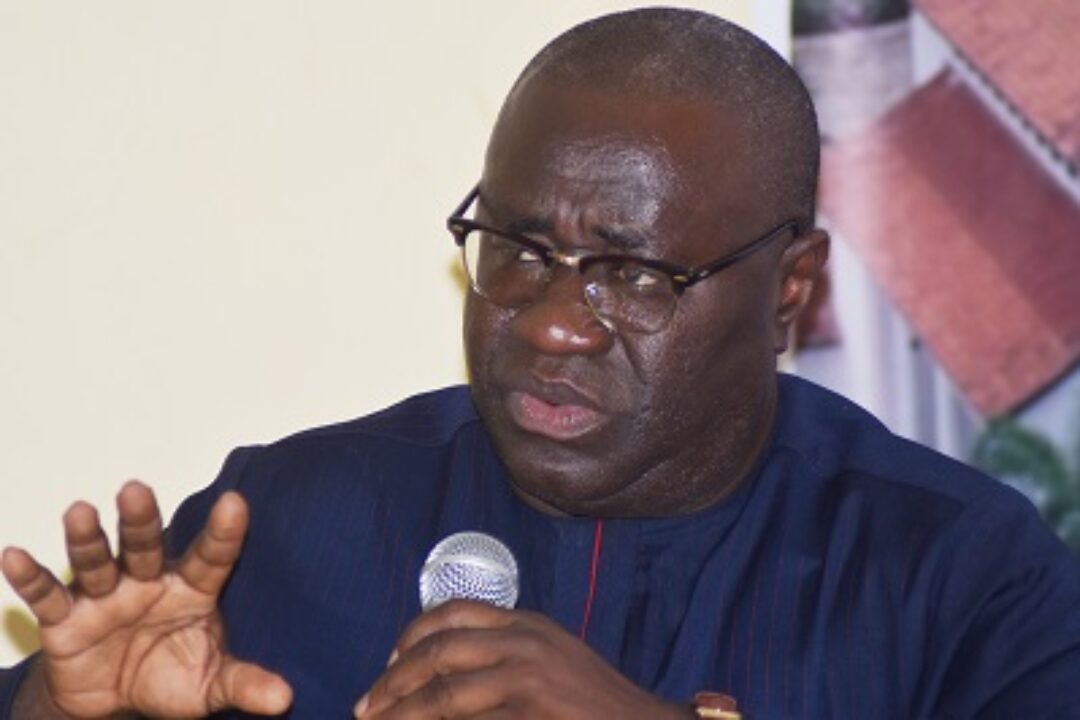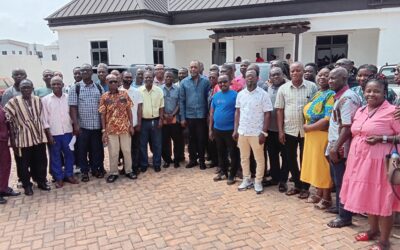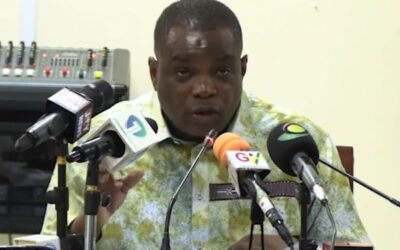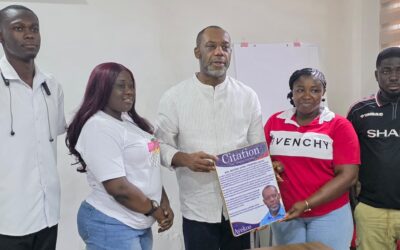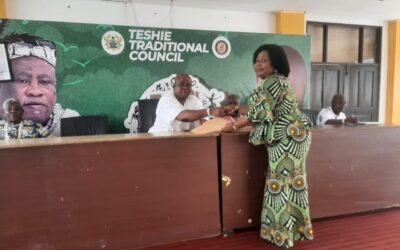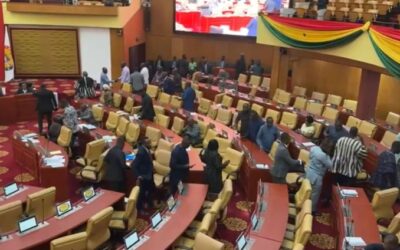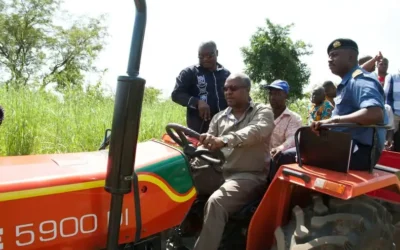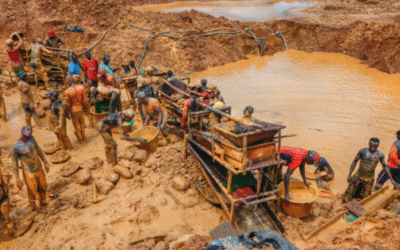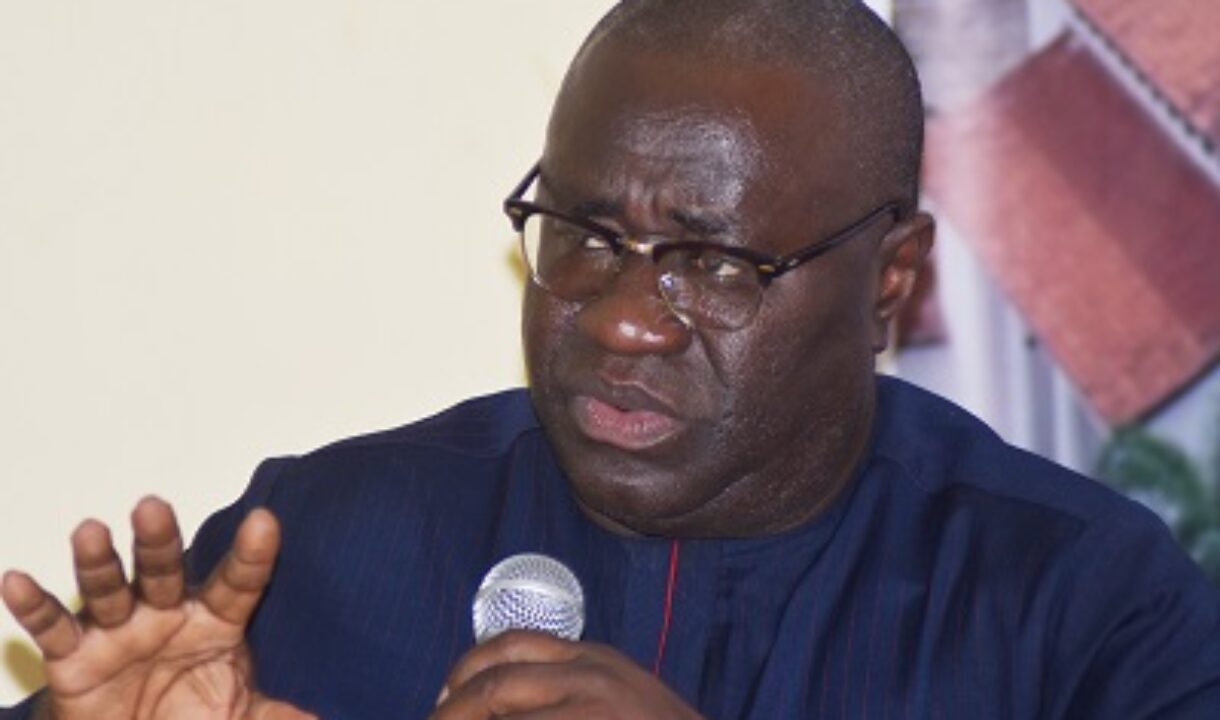Security Specialist and Consultant, Prof Kwesi Aning, has stated that illegal mining, known as “galamsey,” in Ghana, has gone beyond ordinary citizens to now become a transnational organized crime.
He highlighted the significant involvement of foreigners in these activities, which are causing severe environmental damage and social disruption.
In an interview on Joy FM’s Super Morning Show on Monday, Prof Aning explained that galamsey operations are severely damaging the country’s water bodies, including rivers.



Prof Kwesi Aning
Speaking in response to JoyNews’ latest documentary, ‘Poisoned Rivers’, he emphasized the risk of losing these vital resources if immediate action is not taken.
In an interview with Joy FM’s Super Morning Show on Monday, he added, “This has moved beyond ordinary citizen, we are talking about levels of collusion, standing every single factor from the state and organised trans-national criminality of citizens from different countries whose activities are posing an existential threat to Ghana.”

Prof Aning noted that the problem has escalated beyond the control of ordinary citizens. “We are talking about collusion involving various factors from the state and organized transnational crime networks,” he stated.
He also highlighted that galamsey is creating tensions between Ghana and Côte d’Ivoire. “Even more disturbing is that the money accrued from these activities is placing our international reputation at risk. It contributes to illicit financial flows and the funding of violence,” he added.
The security expert raised concerns about the effectiveness of the country’s risk assessments. “This situation raises fundamental questions about the quality of risk assessments we undertake in this country,” he said.
Prof Aning criticised Ghanaian leaders for their failure to address the issue. “Leaders are either colluding, incapable, or unwilling to use the power entrusted to them for future generations. Instead, they deliberately allow foreign actors to exploit our resources, which is not only shameful but a disgrace,” he said.
He specifically addressed the involvement of Chinese nationals in illegal mining, noting that they use harmful methods to extract gold and leave without regard for the damage caused.
“Someone is granting them visas to come here,” he said. He also referenced the Aisha Huang case as evidence of state incompetence and collusion.
Mr Aning emphasised that Ghana’s situation is unique having to voluntarily destroy its water bodies without being at war. “In wartime, you destroy water bodies to prevent the enemy from accessing water. But we are doing it to ourselves without any such threat,” he remarked.
He concluded by noting that the Ghanaian share in galamsey investments is relatively small compared to foreign involvement. “Galamsey poses, and will continue to pose, an existential threat both directly and indirectly,” he warned.Source: Mavis Sekyibea Addo


